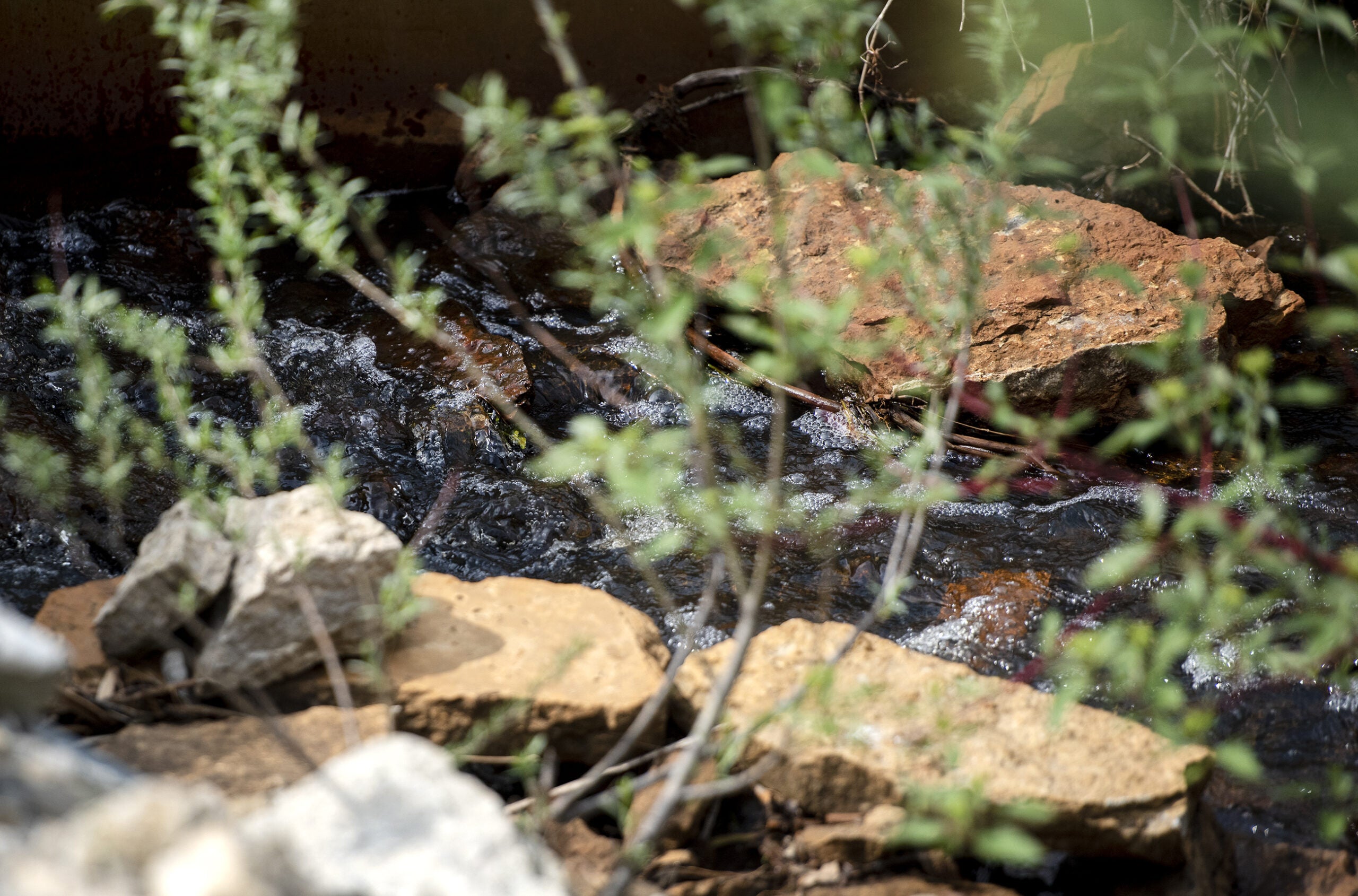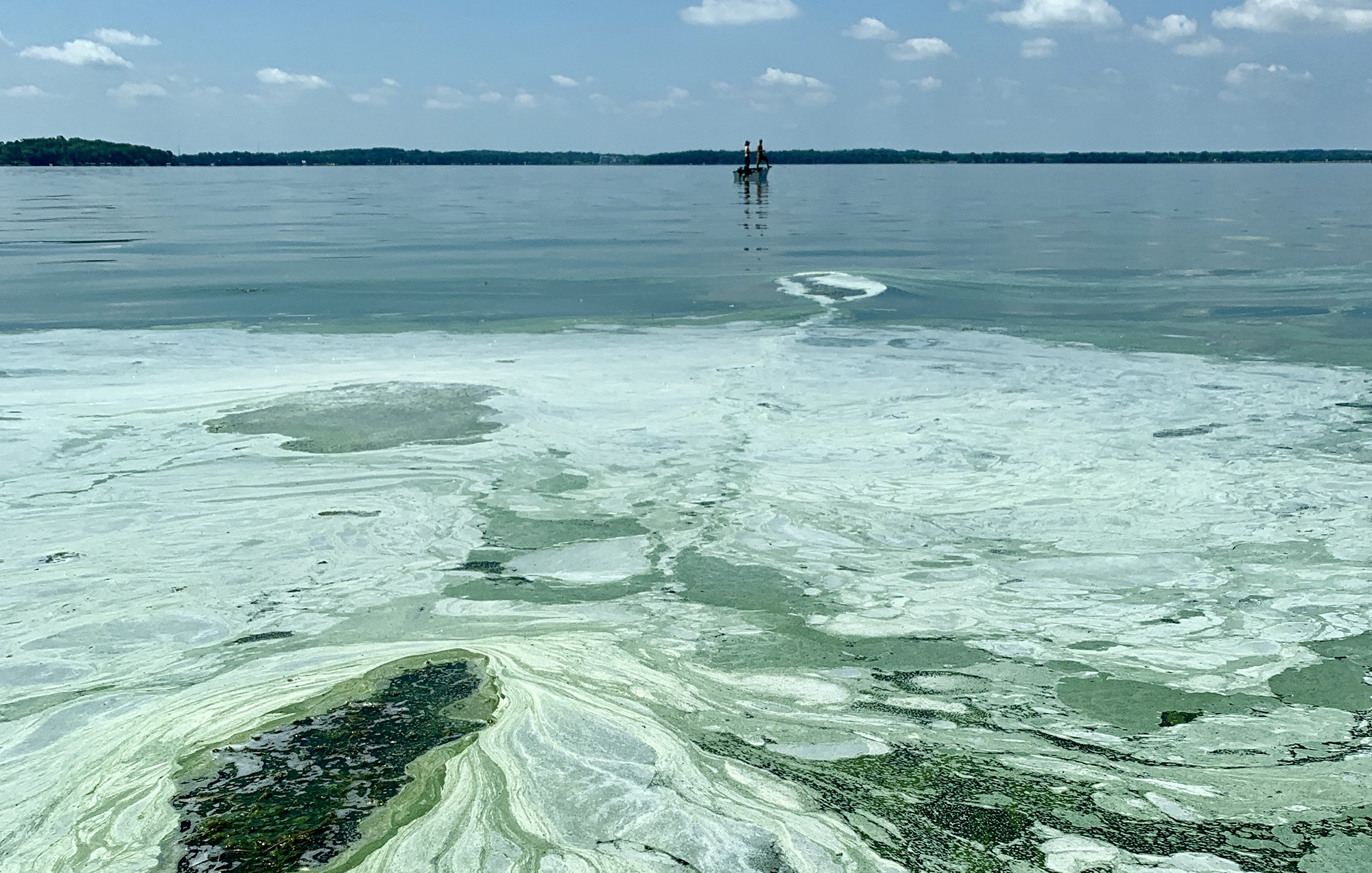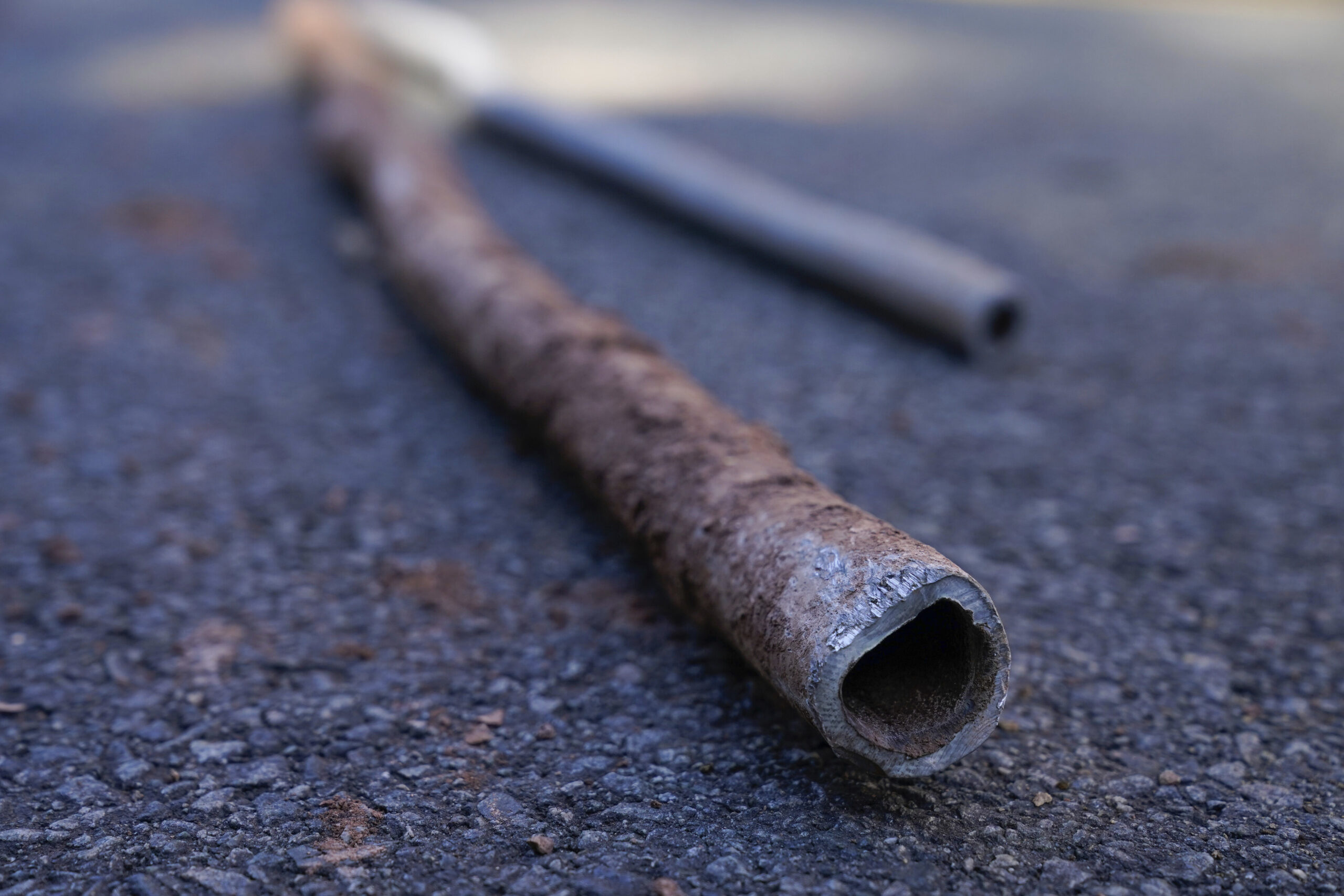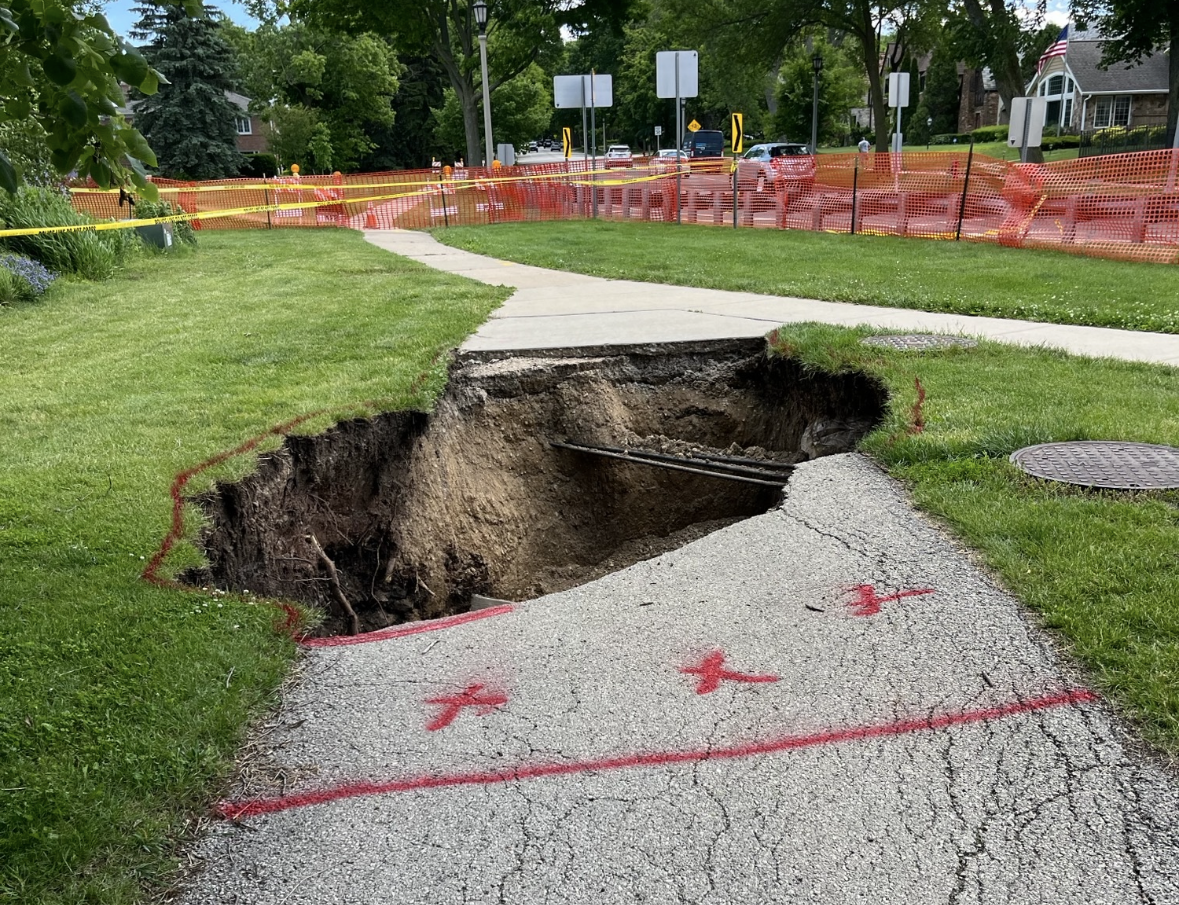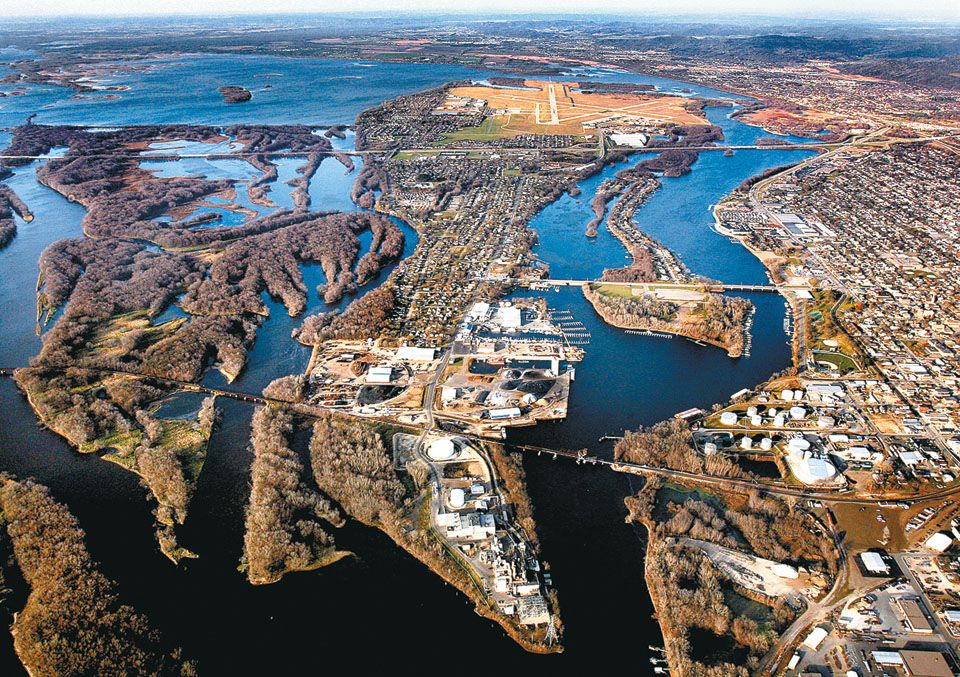Drinking Water Quality-
Those in charge of operating two municipal water systems in La Crosse County said it’s highly unlikely that water systems in this area will ever experience problems with lead in the water like they’ve faced in Flint, Michigan in recent months.
People in Flint have been on bottled water for everything from drinking to bathing after it was revealed that switching the city’s source of surface water caused a lead contamination problem in the tap water they rely on.
And while area water systems’ pipes are in some cases decades-old, if not older, area water system officials said everything from the different sourcing of water (wells) to the condition of the soil (sandy) which causes fewer problems for water pipes means there is less to worry about in the water that comes out of the taps in the home.
The village of Holmen has been one of the fastest growing communities in the last 20 years in La Crosse County, so many of the pipes are fairly new according to Public Works Director Dean Olson. Holmen has four wells that are 130 to 150 feet deep, and in addition to testing and treating the water for a variety of harmful materials as all municipal water systems are required to do by the Wisconsin Department of Natural Resources, Holmen tests three of its wells located near farmland for nitrates that can be caused by fertilizers and other farm chemicals that leach into the groundwater.
But Olson said he’s not too worried about problems similar to what people in Flint are experiencing.
“Flint was a surface water situation that helped to contribute to their problems, and in this area, communities don’t use surface water because we use the wells.” Olson said. “I think that we’re in good condition and I really am not seeing anything that’s going to significantly impact our system in that way.”
The city of La Crosse has a system that includes 13 wells and most of the piping, while old is made of galvanized steel rather than lead. La Crosse Utilities Mgr. Mark Johnson said the older pipes are often replaced as street reconstruction is done in the city, but given the age of the system, it’s in pretty good shape.
“We’re sitting on about 200 feet of sand and gravel, and what we find is that at least for the mains that were put in in that era, 100 years ago, maybe even some older is the pipe really holds up well in the sand,” Johnson said.
All municipal water systems in the Coulee Region have wells and don’t take water from a surface source like the Mississippi River.
by John Davis
Episode Credits
- Hope Kirwan Host
- John Davis Producer
- Dean Olson Guest
- Mark Johnson Guest
Wisconsin Public Radio, © Copyright 2024, Board of Regents of the University of Wisconsin System and Wisconsin Educational Communications Board.

